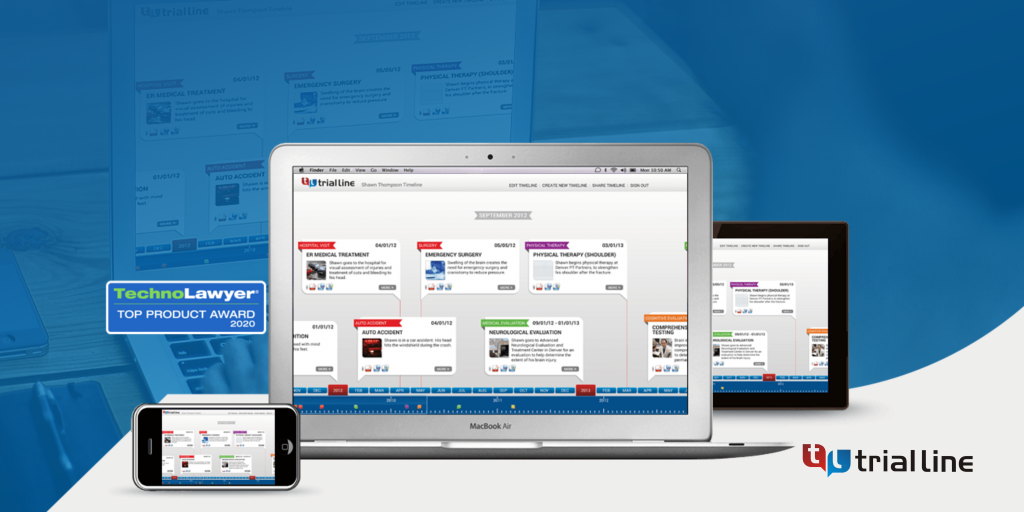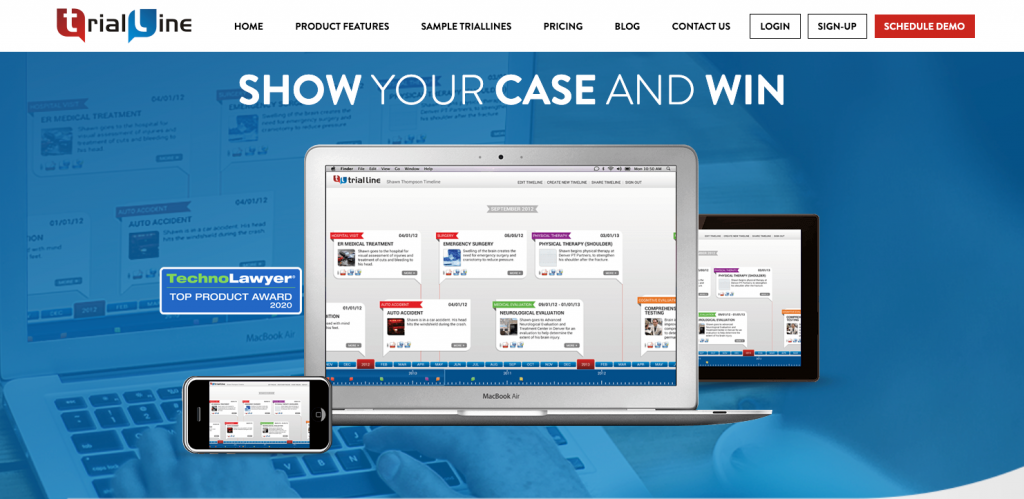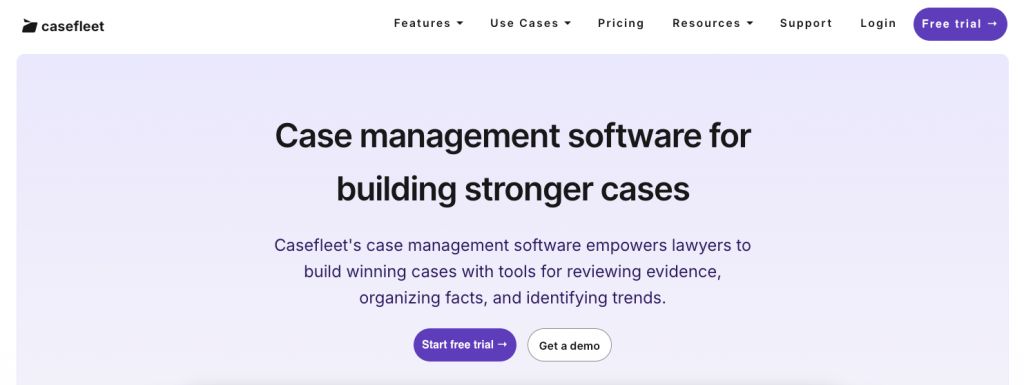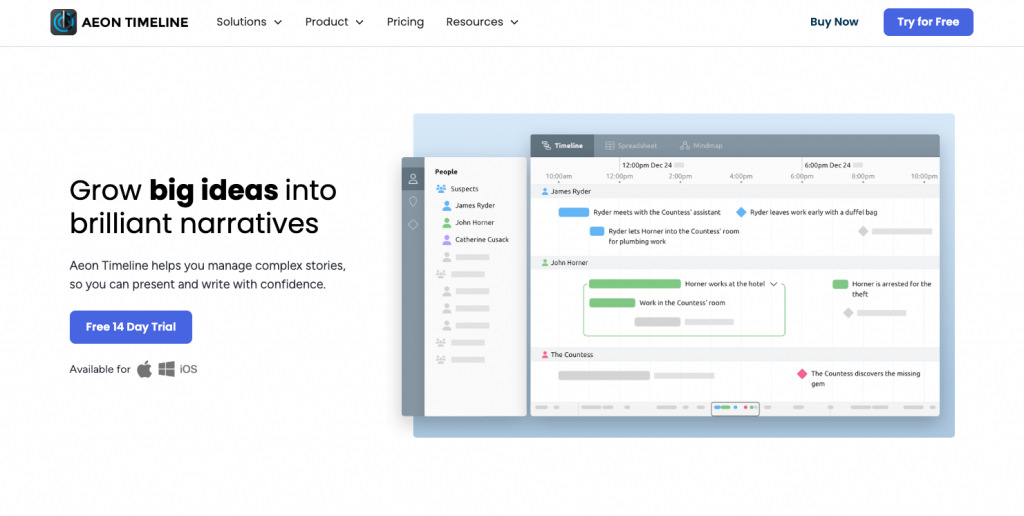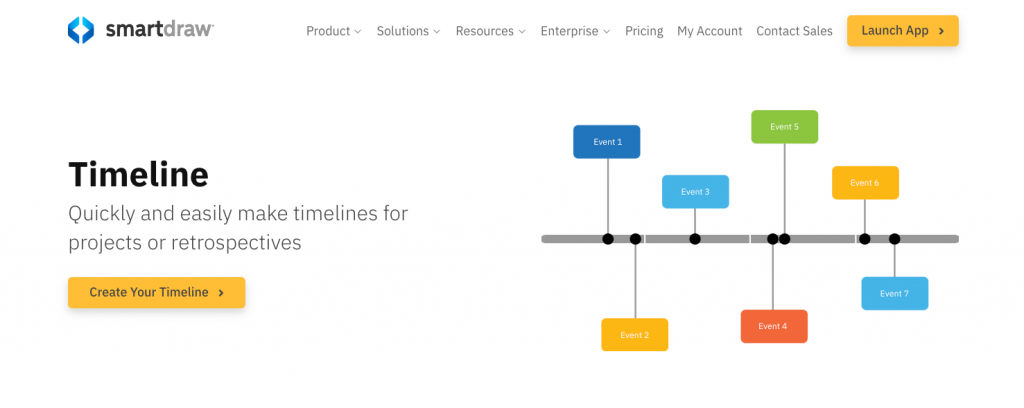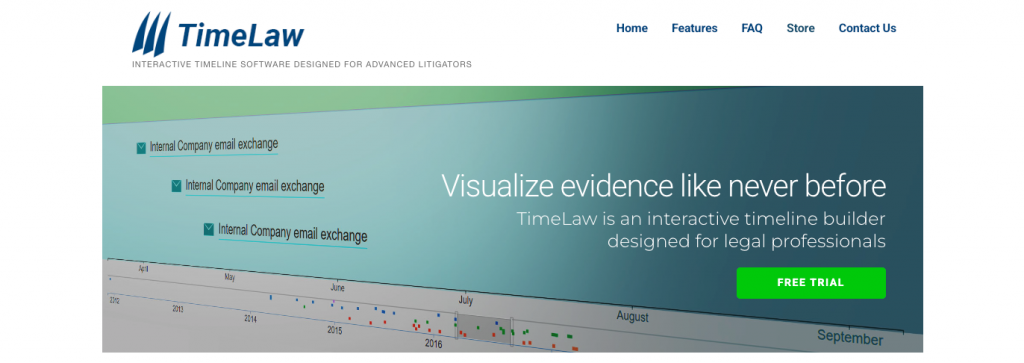Handling immigration cases isn’t easy. There are many things to keep track of, such as deadlines, paperwork, court dates, and constantly changing laws.
Manually handling everything can slow things down, lead to mistakes, and even put a case at risk. That’s why many immigration law firms use software to stay organized.
Case management software helps lawyers keep track of client information, fill out complex immigration forms faster, and manage case progress all in one platform. It also makes it easier to communicate with clients and staff, so nothing gets lost in emails or forgotten.
In this article, you’ll learn the different types of legal tools available, how software makes case management for immigration law firms easier, and what to look for in a system that fits your needs.
What Types of Immigration Case Management Software Do Lawyers Use?
Immigration law firms rely on different types of software to manage cases, track deadlines, handle billing, and improve communication. Each tool serves a specific function to help attorneys focus on legal work rather than administrative tasks.
Some of the most commonly used software in immigration law include:
1. Legal Timeline Software
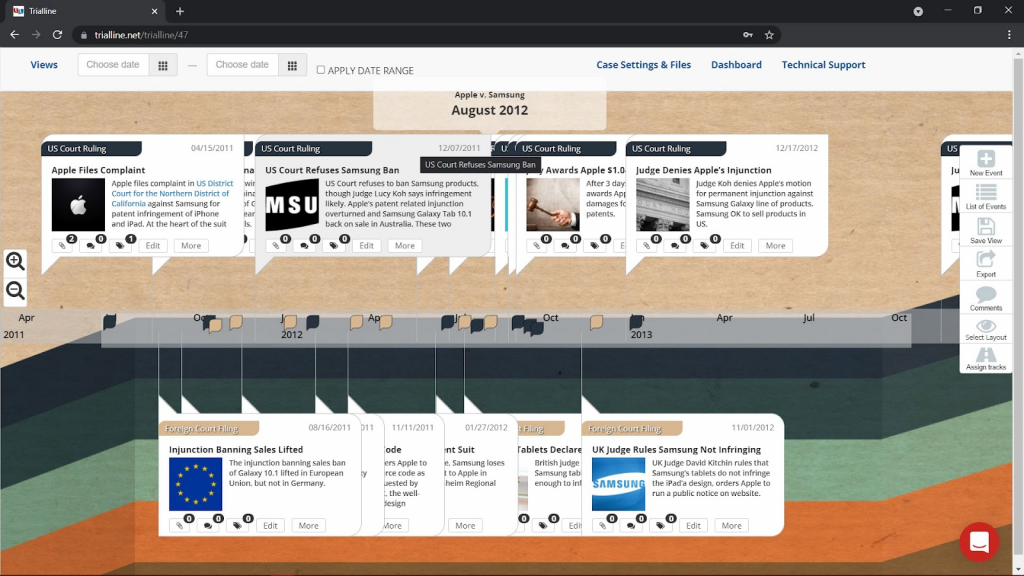
Immigration cases often involve multiple steps, from visa applications to court hearings, and missing a deadline can delay the entire immigration process.
Legal timeline software, like TrialLine, helps immigration attorneys organize case events in chronological order and track deadlines and key milestones. This type of software creates visual timelines that show every stage of a case so that attorneys and clients stay informed.
For example, in deportation defense cases, attorneys must track court dates, appeals, and deadlines for submitting evidence. With timeline software, all these details are displayed in one place, reducing the risk of oversight.
Organize every step of your immigration cases with ease. Book a demo with TrialLine today!
Real-World Applications in Immigration Cases
- Visa applications – Helps attorneys monitor filing deadlines, biometric appointments, and government response times.
- Green card processing – Tracks the steps involved in petitions, interviews, and status updates.
- Deportation defense cases – Organizes evidence, legal filings, and hearing schedules.
- Citizenship applications – Maps out the naturalization process, including residency requirements and application deadlines.
2. Immigration Practice Management Software
Immigration attorneys manage multiple cases at once, each with its own deadlines, documents, and court dates.
Immigration practice management software helps law firms stay organized by handling administrative tasks such as scheduling, client communications, and case tracking. This type of software simplifies managing immigration cases by providing a structured workflow.
Attorneys can store client information, set reminders for upcoming deadlines, and collaborate with paralegals and other legal professionals in real time.
It also improves client interactions by offering secure messaging systems, appointment scheduling, and document-sharing features.
Real-World Applications in Immigration Cases
- Managing high-volume caseloads – Keeps track of multiple clients, applications, and case statuses in one system.
- Team collaboration – Allows attorneys, paralegals, and staff to access case updates and notes without confusion.
- Form and document automation – Reduces manual work by generating commonly used immigration forms with pre-filled data.
3. Legal Billing Software
Managing immigration cases often involves flat fees, hourly billing, or installment payment plans, depending on the complexity of the case.
Legal billing software helps immigration attorneys track billable hours, generate invoices, and manage client payments efficiently.
Unlike generic accounting tools, this software is designed specifically for legal professionals, ensuring compliance with legal billing standards and improving accuracy.
With legal billing software, law firms can automate invoice generation based on time tracked, set up payment reminders, and provide clients with transparent billing records.
Real-World Applications in Immigration Cases
- Flat-fee immigration service – Automatically generates invoices for common services like visa applications and naturalization cases.
- Hourly billing for consultations – Tracks time spent advising clients on immigration matters and converts it into an invoice.
- Payment plan management – Helps law firms set up recurring payments for clients who require installment options.
4. LEDES Billing Software
LEDES (Legal Electronic Data Exchange Standard) billing software provides a standardized billing format that ensures transparency and accuracy in legal invoicing.
Immigration law firms working with corporate clients or government agencies often use this system to comply with industry billing requirements.
Unlike general billing software, LEDES billing software categorizes legal services using a structured format to reduce disputes over charges. It also allows law firms to submit invoices in a format recognized by large organizations, which makes payment processing faster and reduces administrative burdens.
Real-World Applications in Immigration Cases
- Corporate immigration services – Ensures accurate billing for companies sponsoring employee work visas.
- Government contract compliance – Helps firms working on government-related immigration cases submit invoices correctly.
- Multinational cases – Standardizes billing for firms handling immigration matters across different legal jurisdictions.
Why Do Attorneys Use Immigration Law Software?
Immigration firms depend on immigration software since it:
Automates Document Management

Immigration lawyers deal with extensive paperwork, including petitions, affidavits, and supporting evidence. Manually handling case documents increases the risk of errors and delays.
Immigration case management software helps law firms eliminate manual data entry by automating document generation and storage.
The software allows attorneys to create immigration forms with pre-filled client data, reducing the time spent on repetitive tasks. It also organizes case files in a centralized system, making it easy to retrieve documents when needed.
This not only saves valuable time but also improves accuracy, ensuring that attorneys submit complete and correctly formatted paperwork.
With automated document management, law firms can focus on legal strategy instead of paperwork.
Keep immigration case files, deadlines, and evidence in one place. Start using TrialLine now!
Improves Case Tracking and Workflow Management
Immigration lawyers handle multiple cases at once, each with different deadlines, legal requirements, and client needs. Keeping track of every step in the entire process can be challenging without a structured system.
Immigration case management software helps attorneys stay organized by providing a centralized platform for case tracking.
With automated workflows, attorneys can set up reminders for filing deadlines, track case progress, and assign tasks to staff members. This reduces the risk of missed deadlines and ensures that every step of the process is completed on time.
Instead of manually updating spreadsheets or relying on paper files, law firms can use software to monitor the status of applications, petitions, and legal proceedings.
Enhances Client Communication and Collaboration

Immigration lawyers must keep their clients informed throughout the legal process, but frequent phone calls and emails can become overwhelming.
Immigration case management software simplifies communication by providing a secure client portal. Through this portal, clients can access case updates, submit important documents, and review their case status without constant back-and-forth messages.
A well-structured client intake process also makes sure attorneys collect all relevant client information upfront, reducing the risk of missing information that could delay applications.
With integrated messaging tools, clients can easily communicate with their attorneys about case updates, appointment schedules, and document requests.
For firms handling multiple cases, immigration software helps legal teams stay connected and collaborate efficiently.
Instead of searching through emails or paper files, attorneys and staff can quickly retrieve case details, track document submissions, and ensure that every client receives timely updates.
Ensures Compliance With Immigration Regulations
Compliance is one of the most important responsibilities of immigration lawyers.
Every application, petition, and supporting document must follow specific rules set by immigration authorities. Even a small mistake can lead to delays or denials.
Immigration case management software helps law firms maintain compliance by keeping documents organized, setting deadline reminders, and providing access to the latest version of immigration forms.
The software often includes built-in checks that flag incomplete applications or missing steps, which leads to reduced errors during the filing process. It also helps legal teams follow updated procedures and respond fast when regulations change.
Secures Data Storage and Protection
Immigration lawyers handle highly sensitive client information, including personal identification details, financial records, and legal case histories.
Protecting this data is a priority, as any breach could lead to serious legal and ethical consequences. Immigration case management software is designed with robust security measures to safeguard confidential information and prevent unauthorized access.
Many immigration law software platforms offer encrypted data storage, multi-factor authentication, and role-based access controls to ensure that only authorized personnel can view or edit case files.
Top Immigration Case Management Features to Look For
Case management features that help law firms manage cases include:
- Cloud-based access – Lets immigration lawyers access files from anywhere with automatic backups to protect critical information.
- Automated reminders and alerts – Tracks deadlines and processing times, helping law firms avoid delays and work with increased efficiency.
- Customizable case templates – Speeds up case setup with reusable templates for common immigration applications.
- User-friendly interface – Simplifies daily tasks, reduces training time, and makes it easy to manage cases.
- Training and support options – Offers onboarding, tutorials, and live support to help firms get the most from their immigration case management software.
- Time tracking and billing – Tracks billable hours and links them to invoices, improving accuracy and supporting better cash flow.
- Accepting payments – Supports online payments like credit cards and ACH transfers, making billing easier for clients.
- Bank-grade encryption – Protects sensitive data with strong security features that meet legal privacy standards.
- Custom reports – Lets firms generate customizable reports on billing, workload, or case activity.
- Reports and analytics – Tracks case outcomes and processing times to help firms measure performance and improve operations.
Take Control of Immigration Case Workflows With TrialLine
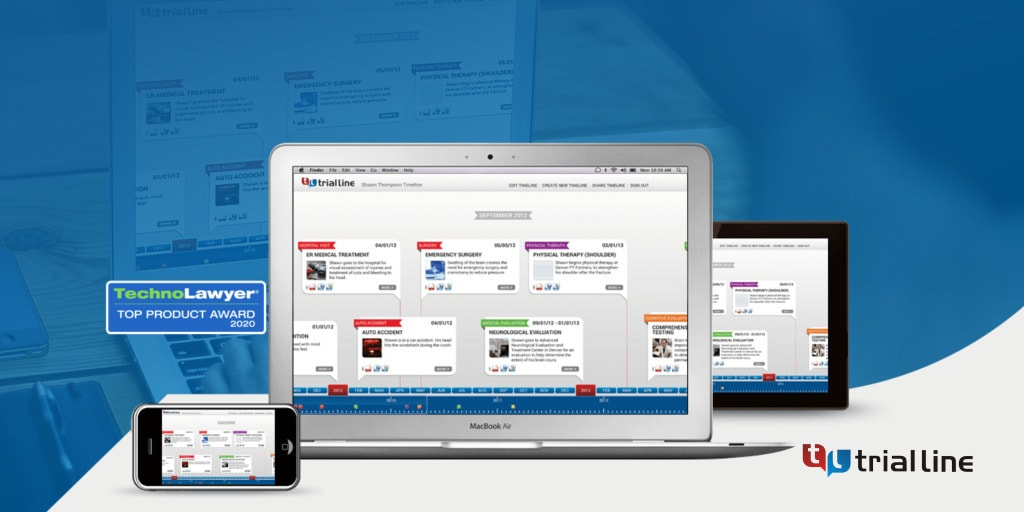
TrialLine helps law firms organize and present immigration cases with a clear timeline format. Instead of working through scattered notes, spreadsheets, and emails, attorneys can view each event in order, from client intake to final decision.
Each deadline, submission, or court date is added to the timeline, which makes it easy to see how everything connects. It also allows attorneys to attach documents, images, and videos to individual events, so evidence is easy to locate and review.
TrialLine’s visual layout is useful not only for internal tracking but also when presenting cases to clients, judges, or other legal experts. With a complete chronological overview, lawyers can explain case developments clearly and avoid missing key details.
Firms that use TrialLine spend less time assembling information and more time focusing on the legal aspects of their cases.
Keep every immigration case on track with visual timelines. Try TrialLine today!
FAQs About Case Management for Immigration Law Firms
What does an immigration case manager do?
An immigration case manager handles administrative tasks, organizes case files, tracks deadlines, and ensures documents are submitted correctly. They update clients, coordinate with government agencies, and help attorneys manage workloads efficiently while maintaining compliance with immigration laws.
What does a legal case management system do?
A legal case management system automates administrative tasks, tracks deadlines, and organizes case files. It centralizes client data, billing, and communication, reducing paperwork and improving accuracy. Features like document automation and secure client portals help law firms work more efficiently.
How much does a US immigration lawyer charge?
Costs depend on the case type, location, and lawyer’s experience. Consultations range from $100 to $500. Visa applications typically cost $1,500 to $5,000, green card applications $3,000 to $7,000, and citizenship applications $1,500 to $3,500. Deportation defense cases start at $5,000. Lawyers may charge a flat fee or hourly rates between $150 and $500.
How much does legal case management software cost?
Pricing varies by provider and features. Subscription plans range from $30 to $150 per user per month. Some offer annual or lifetime licenses from $1,000 to $10,000. Custom enterprise solutions for larger firms can cost tens of thousands of dollars per year. Many platforms provide free trials or tiered pricing.
Disclaimer: The information provided in this article is for informational purposes only and does not constitute legal advice. Always consult with a qualified attorney or legal professional for advice regarding your specific situation.










